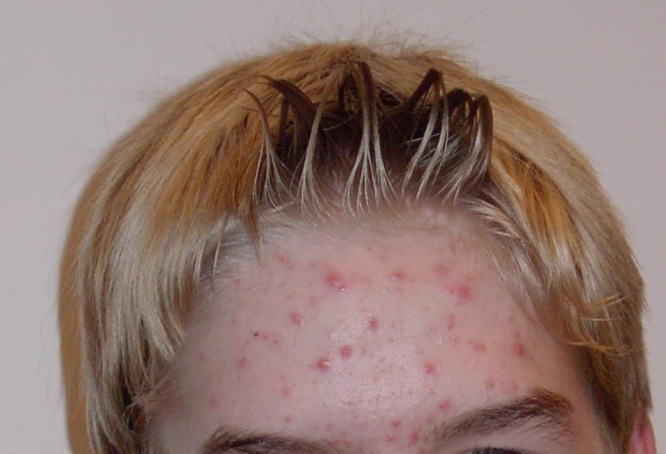
US-based biopharmaceutical firm Dermira has dosed its first patient in a Phase IIb dose-ranging trial of DRM01, a new, topical, small-molecule sebum inhibitor, to treat facial acne vulgaris.
The randomised, multi-centre, double-blind, parallel-group, vehicle-controlled trial is designed to evaluate the safety and efficacy of DRM01 compared to vehicle, and is aimed at establishing the optimal dose for a potential Phase III programme.

Discover B2B Marketing That Performs
Combine business intelligence and editorial excellence to reach engaged professionals across 36 leading media platforms.
Approximately 400 adult patients with moderate-to-severe facial acne vulgaris will be included in the trial and will be randomised into five separate arms evaluating different DRM01 dosing regimens compared to vehicle.
In the trial, 300 patients will receive DRM01, while the remaining 100 will receive vehicle. The company intends to report topline data from the Phase IIb trial in the first half of 2016.
Dermira chairman Tom Wiggans said: “This study marks an important milestone for Dermira, DRM01 and, we believe, patients suffering from acne.
“We are pleased with the progress of our DRM01 programme and the potential that it holds as a novel treatment for the millions of acne patients who have long been underserved by available therapies.

US Tariffs are shifting - will you react or anticipate?
Don’t let policy changes catch you off guard. Stay proactive with real-time data and expert analysis.
By GlobalData“Our Phase IIa trial demonstrated clinically meaningful and statistically significant improvements in patients with moderate-to-severe acne across all primary efficacy endpoints, and this dose-ranging trial will provide us with the additional data needed to design a potential Phase III programme.”
Consistent with the preceeding Phase IIa trial and in accordance with published FDA draft guidance for the development of acne drugs, the primary endpoints of the trial are absolute changes from baseline in inflammatory and non-inflammatory lesion counts and the proportion of patients achieving at least a two-point improvement from baseline in the five-point Investigator’s Global Assessment (IGA) score.
The trial will be conducted at 30 sites in the US and Canada, while each endpoint will be measured at the end of the 12-week treatment period.
Image: Facial acne on forehead. Photo: courtesy of Henryart – Lizenstatus: gemeinfrei.





